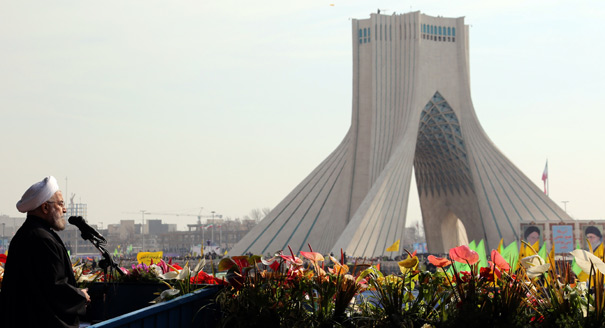Registration
You will receive an email confirming your registration.
After years of tension, sanctions, and deadlocked negotiations, Hassan Rouhani, Iran’s relatively moderate new president, has provided an opening for improved relations between the Islamic Republic and the West.
With an interim deal on its nuclear program now in effect, Iran has taken a possible step toward resolving the nuclear dispute and improving relations more broadly, but much of the domestic political dynamic remains poorly understood by the West. The P5+1 must carefully calibrate its response to determine whether Rouhani’s changed rhetoric signals the beginning of a new direction for Iran.
Carnegie Europe hosted an event to launch Cornelius Adebahr’s latest paper, “Tehran Calling: Understanding a New Iranian Leadership.” Adebahr was joined by Rouzbeh Parsi, senior lecturer at Lund University. Carnegie’s Jan Techau moderated.
